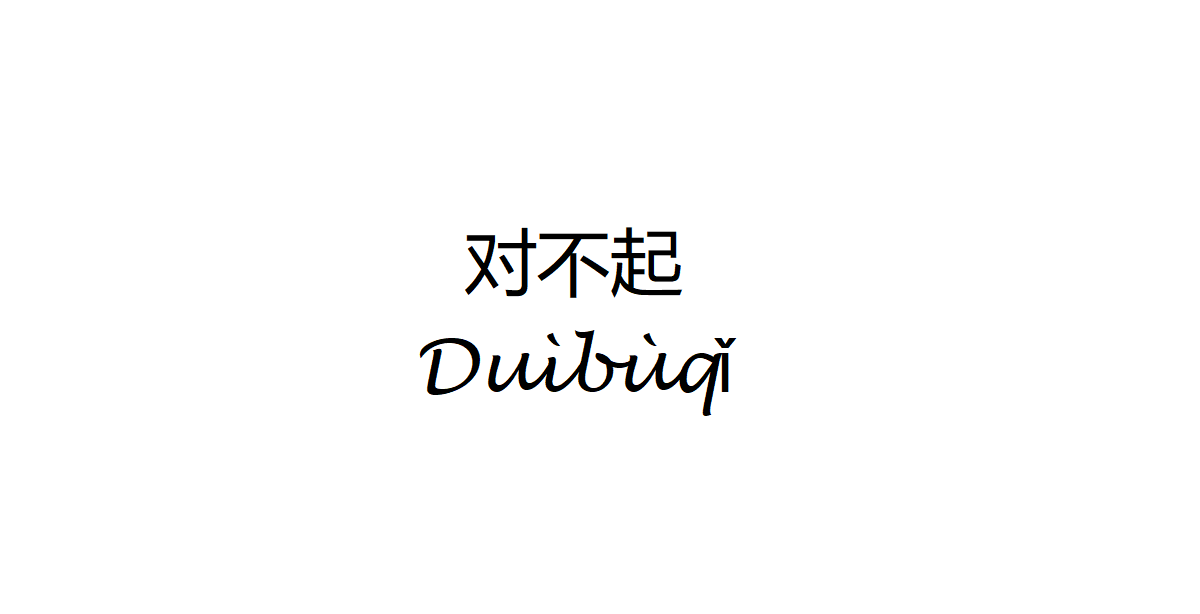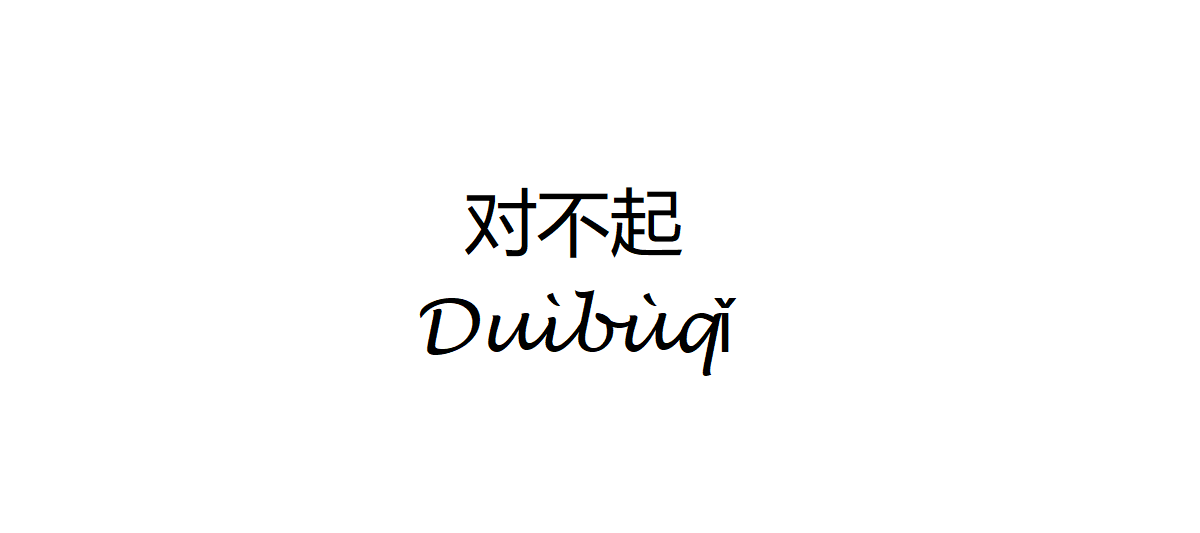Saying “I’m Sorry” in Chinese can be a tricky thing, as the language has several words that translate to this phrase. The most common way to say “I’m Sorry” in Chinese is by using the term 对不起 (duìbuqǐ). This phrase literally translates to ‘not right/wrong’ and is used when apologizing for something. It can also be used when asking for forgiveness or expressing regret.

How to Say I’m Sorry in Chinese
You can also say I’m sorry in Chinese with 道歉 (dàoqiàn). This word literally means ‘to apologize’ and it implies that one feels remorseful about what they have done wrong or said incorrectly. It’s often used as an expression of apology after making a mistake or offending someone.
If you want to express more sincere regret, then you might consider using 抱歉 (bàoqiàn), which translates to ‘regretful’. This term expresses greater contrition than simply saying “sorry” and implies that the speaker understands how their actions have hurt another person.
To convey deep remorse over something serious use 请原谅我 (qǐng yuánliang wǒ). This phrase translates into English as ‘please forgive me’ and conveys heartfelt repentance over whatever transgression has been committed.
Example Sentences using I’m Sorry in Chinese
1. I’m sorry for not responding sooner. – 对不起,我没有及时回复
2. I’m sorry if I hurt your feelings. – 如果我伤害了你的感情,请原谅我
3. Please accept my apology, I’m sorry for making a mistake. – 请接受我的道歉,对不起我犯了一个错误
4. I apologize, it was wrong of me to do that without asking you first. – 很抱歉,在没有先询问你的情况下做出这样的行动是错误的
5. My deepest regret and apologies, it won’t happen again. – 很遗憾也很致歉, 这种情况 不会再发生


 You’re Welcome in Chinese
You’re Welcome in Chinese